The Beginner’s Guide to Choosing Food for Better Sleep
Posted by Jessica Penner
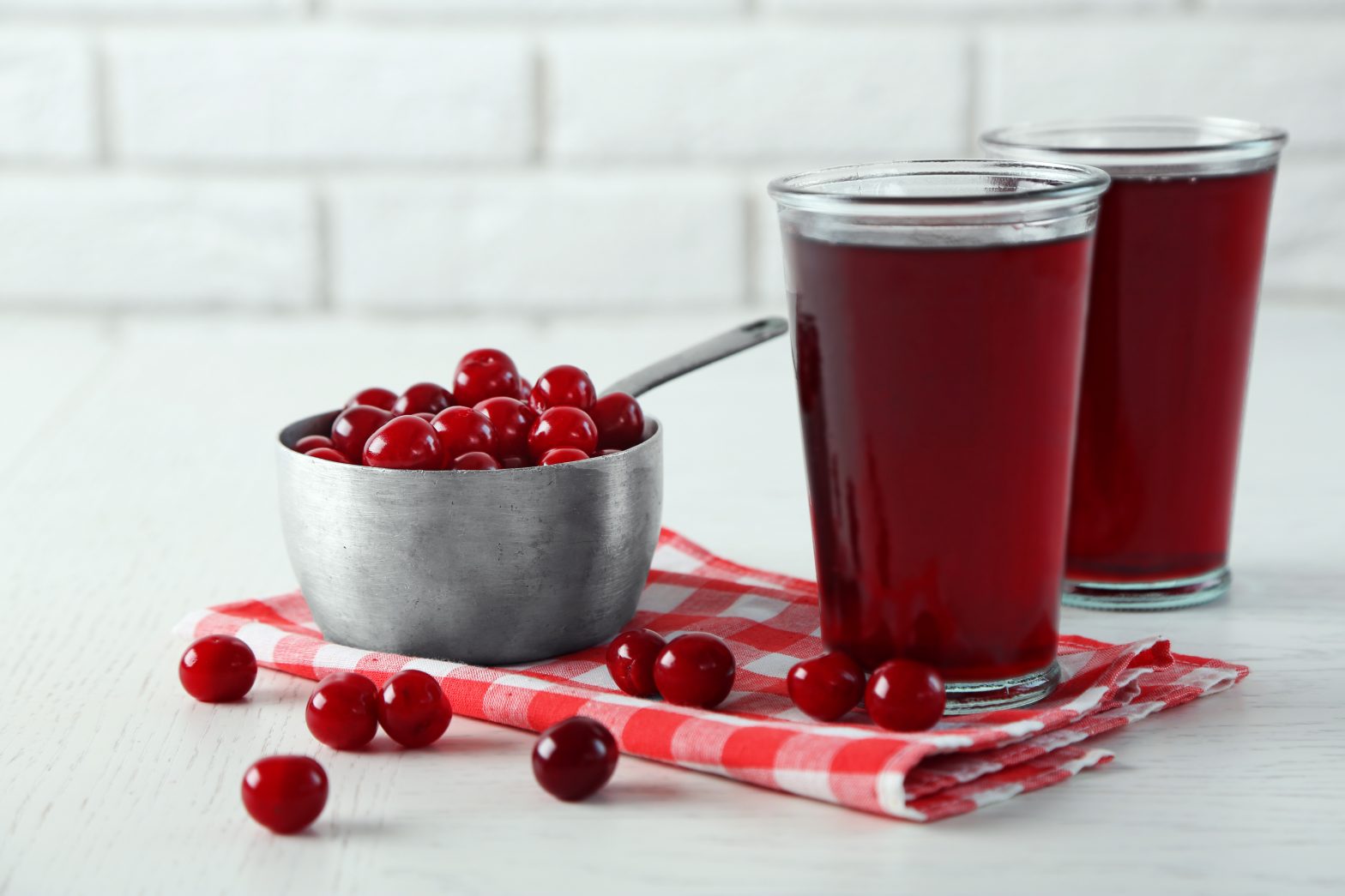
Does a warm glass of milk really help you sleep better?
Hippocrates said “let food be thy medicine and medicine be thy food.” Throughout history, humans have been drawn to the promising idea that certain foods could elicit medicinal results in our bodies.
If you struggle with poor sleep, you’ll want to know which foods to intentionally include in your diet to help get some more Zzzzs.
But first we need a quick primer on the human sleep/awake cycle! Then we can understand how to choose foods that will support healthy sleep cycles.
The sleep/awake cycle is mainly driven by two biological processes:
- The Circadian Rhythm: this is the daily rhythm we experience in response to the sun rising in the morning and setting in the evening. Before the advent of electricity, humans were more in sync with the sun… waking when it became light out and sleeping when it became dark. Our bodies are still primed to follow this pattern. Melatonin, a hormone that makes us sleepy, increases in our bodies about 2 hours before our usual bedtime.
- The Homeostatic Sleep Drive: the longer you go without sleep, the higher your need for sleep gets. Chemicals that increase in our bodies throughout the day drive our need for sleep. The role of one of these chemicals, serotonin, isn’t fully understood yet, but it appears to play a vital role in regulating sleep.
The good news is that some foods may help us naturally increase chemicals like melatonin and serotonin!
High Tryptophan Foods
The sleepiness of a turkey dinner or a warm glass of milk are often attributed to the effects of their high tryptophan content.
Tryptophan is an amino acid that’s required to make both serotonin and melatonin. Science has not yet determined the amount of tryptophan needed for optimal sleep. In one study where participants were given a tryptophan enriched cereal at breakfast and dinner, several aspects of sleep quality were improved. However, this used a synthetic, purified form of tryptophan. In other words, this wasn’t tryptophan as you would naturally find it in food.
To date, there haven’t been any studies that show tryptophan found in food will improve sleep. Eating high tryptophan foods before bed are unlikely to cause you to drift off to la la land.
But it’s always important to eat adequate amounts of all necessary nutrients. A deficiency in tryptophan would prevent the body from being able to make all the serotonin and melatonin it needs! In other words, eating turkey won’t necessarily help your sleep, but if you’re NOT eating enough foods with tryptophan, that could be harming your sleep.
Tryptophan is found in a wide variety of foods. Some good sources include:
• Eggs
• Spirulina seaweed
• Spinach
• Crab & Shrimp
• Soy protein (tofu, edamame beans, soy milk)
• Pork and turkey
• Cottage Cheese
• Pumpkin seeds
Tart Cherry Juice
The Montmorency cherry is a tart cousin to sweeter cherries that you’ll find in the grocery store. This sour cherry naturally contains melatonin and anti-oxidant properties that prepare the body for better sleep. One study, which gave healthy volunteers a glass of cherry juice with breakfast and dinner resulted in participants getting a longer, higher quality sleep!
Kiwi Fruit
This small tropical fruit is loaded with Vitamins C & E, potassium, and serotonin! Research on the kiwi’s effect on sleep is limited, but one study done on individuals with self-reported sleep problems showed fairly dramatic improvements after eating two kiwis, an hour before bedtime, for four weeks.
Eat For Sleep?
Overall, the most important thing is to eat a wide variety of foods, get plenty of fruits and veggies, and aim to eat mostly whole foods. The body’s processes for regulating sleep are complex. Your body relies on a wide range of nutrients, which a well-balanced and varied diet will usually provide.

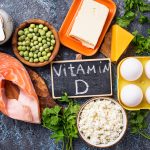
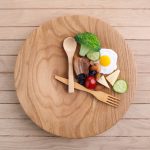
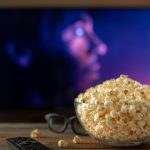
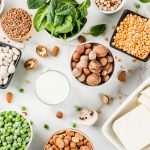


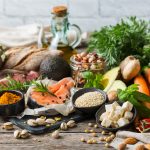
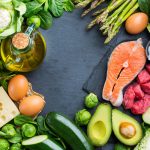
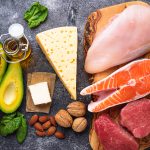
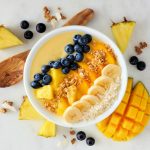
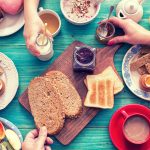
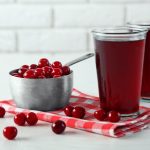
I have very bad sleep apnea that lead to HBP and heart problems. I am looking for a new mask ..